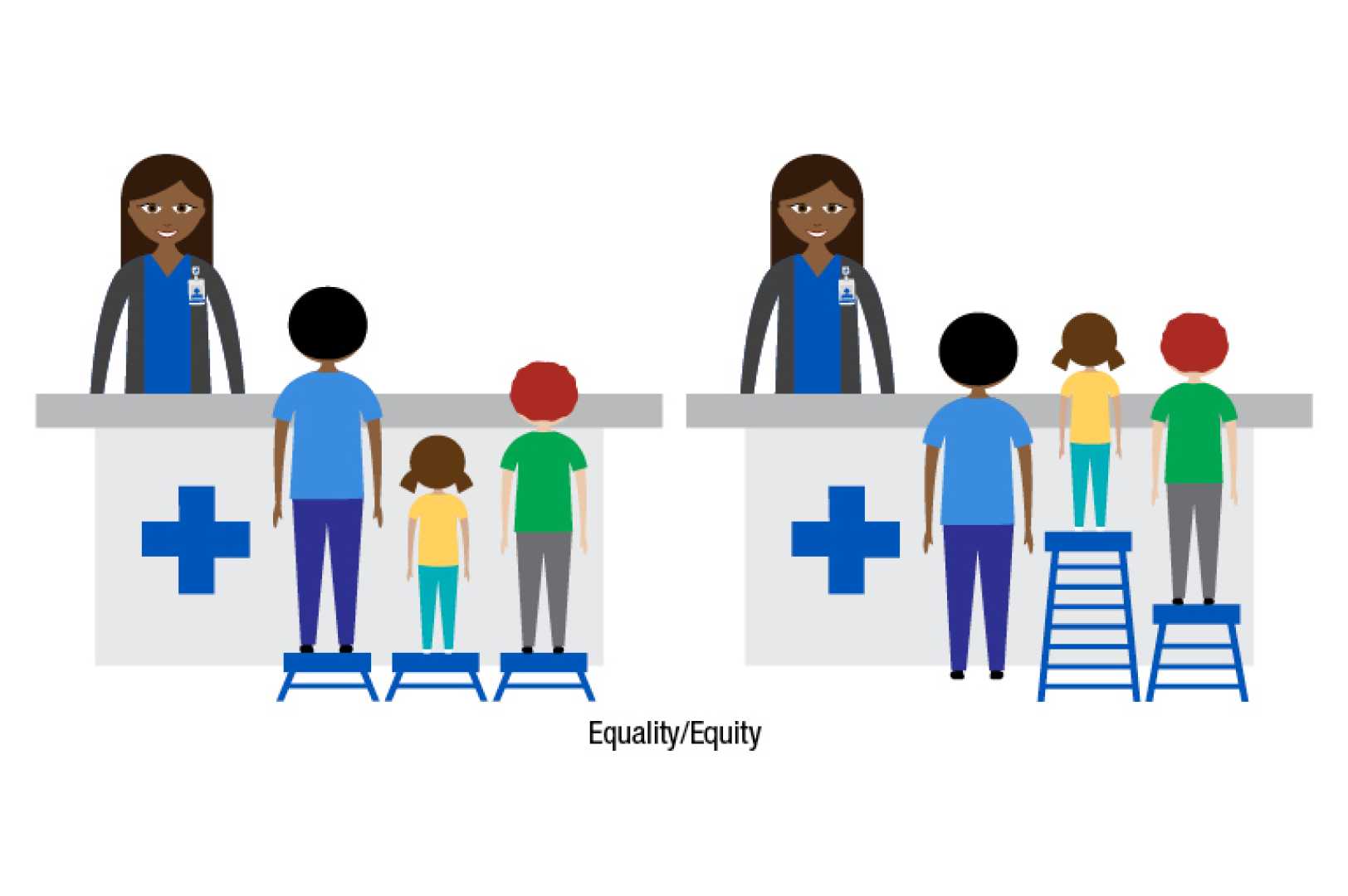Health
Health Systems Take Significant Steps to Address Health Equity

In a recent development, several health systems across the United States are actively working to address the persistent issue of health equity. According to a report from the American Medical Association (AMA), Health System Program members are implementing various strategies to tackle the social drivers of health that contribute to health inequities.
These initiatives include a comprehensive approach to understanding and addressing the root causes of health disparities, such as socioeconomic status, education, and access to healthcare services. Health systems are recognizing that health outcomes are significantly influenced by factors outside the traditional healthcare setting and are therefore integrating community-based programs and partnerships to provide more holistic care.
The 2024 HEiA Summit, which took place on December 11, highlighted the importance of diversity in the healthcare workforce as a crucial element in achieving health equity. Sessions such as “Why a Diverse Healthcare Workforce Matters” and “Beyond the White Coat: Exploring Careers in Healthcare” emphasized the need for a diverse workforce that can better understand and serve the diverse needs of patients.
By focusing on these social determinants of health, health systems aim to reduce the disparities in healthcare access and outcomes, ensuring that all patients receive equitable care regardless of their background or socioeconomic status. This proactive approach is seen as a significant step towards achieving true health equity in the U.S. healthcare system.












